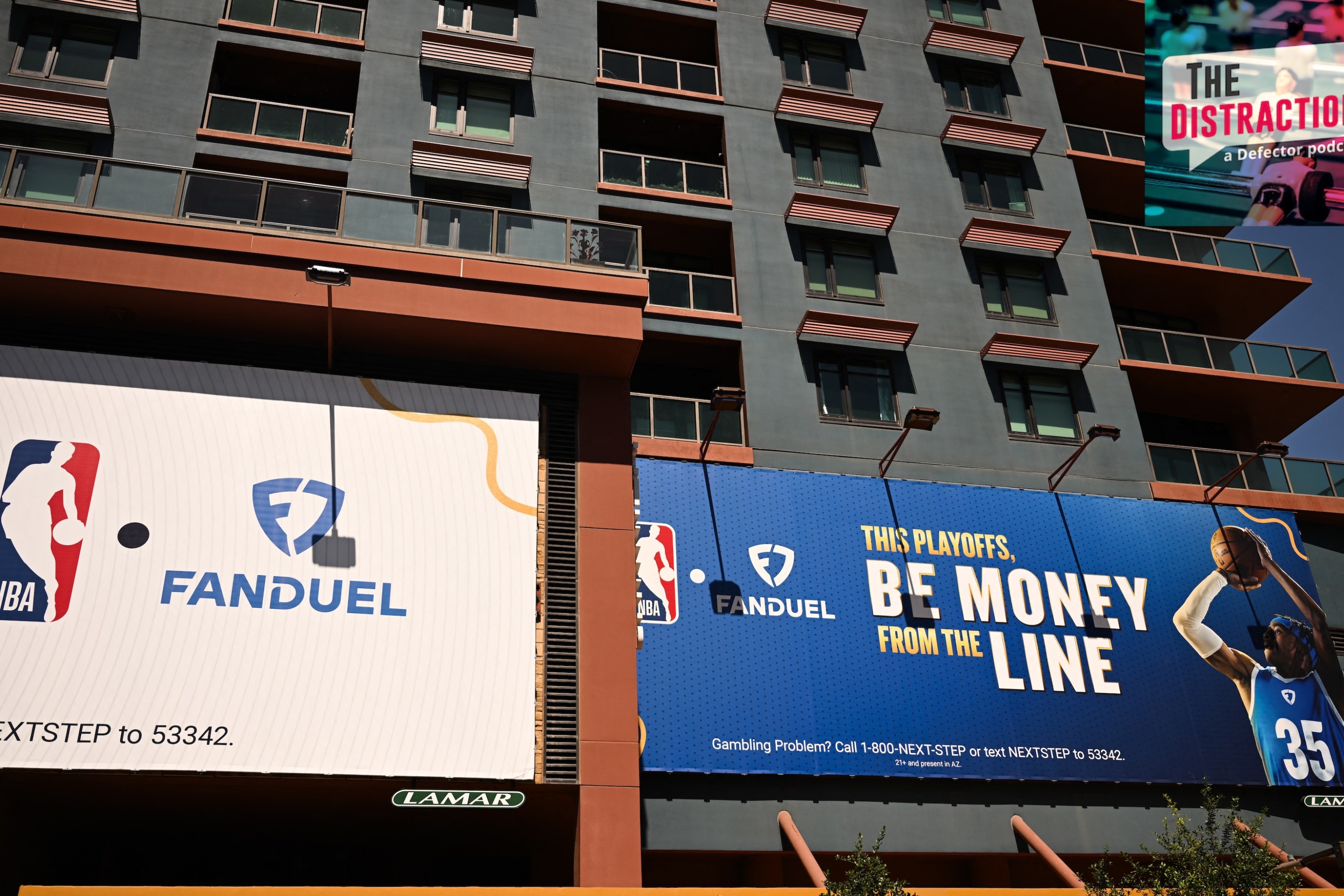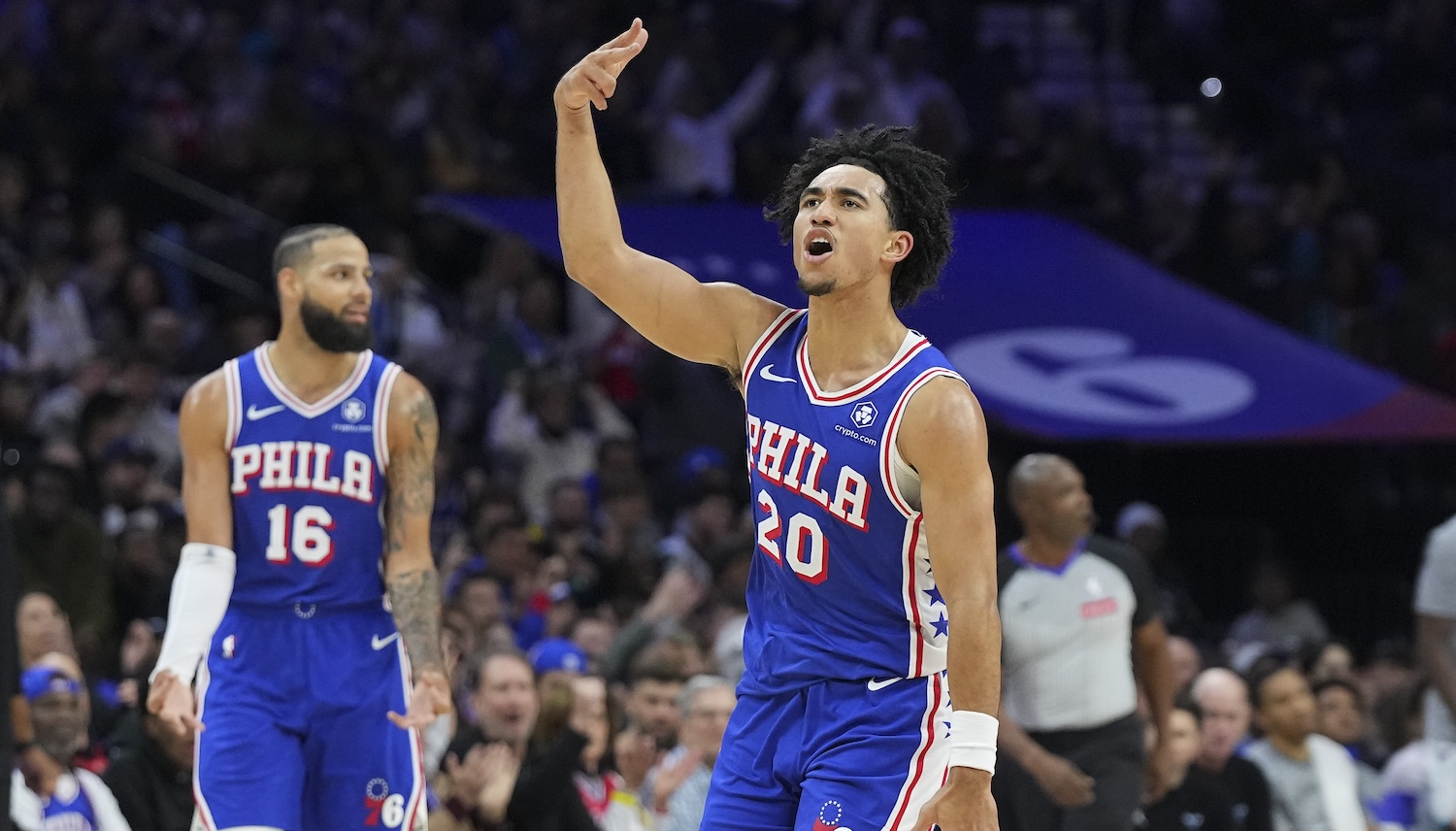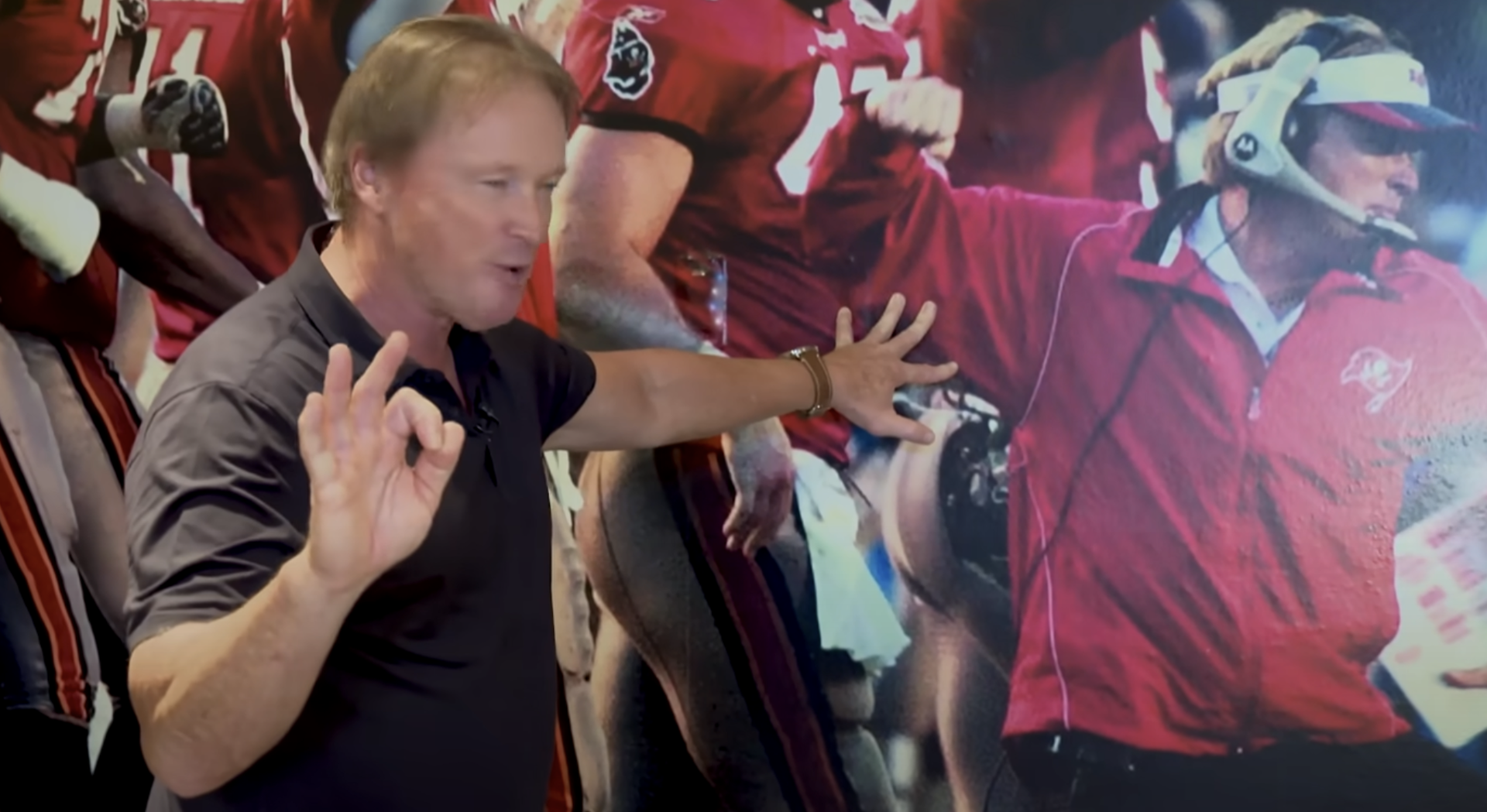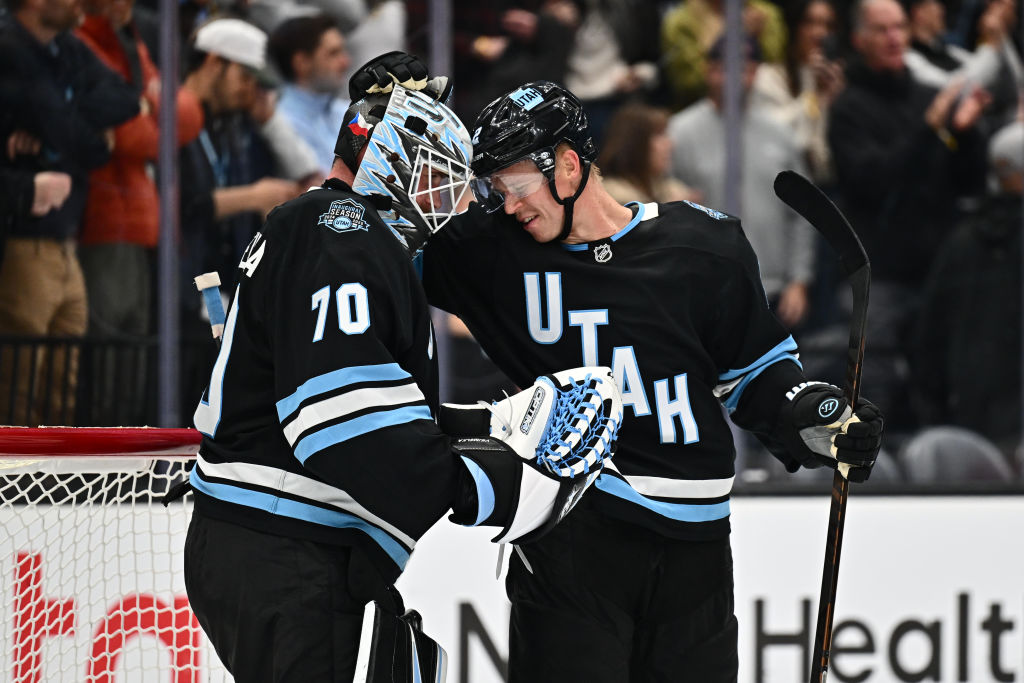This season, there is going to be less baseball available on TV than ever before in the Regional Sports Network era, and for some reason, MLB talks about this development as if it's progress rather than profit. On Apple TV, which costs $4.99 per month, there will be an exclusive weekly doubleheader of games on Friday night. On NBC's Peacock, which also costs $4.99 a month to include live events, 18 games will air starting at 11:30 a.m. ET or noon on Sunday mornings, and that will be the only place to find baseball until at least 1:30. For New Yorkers, specifically, the Yankees signed a deal that will put 21 games exclusively on Amazon Prime Video, which costs $8.99 per month. Even worse, these 21 games are the ones that used to go out for free over the air on PIX11, which were essential for anyone who didn't get YES.
You can probably imagine the empty bluster of the press releases yourself, but this quote in the Apple release, from MLB’s chief revenue officer Noah Garden, stood out to me:
"With national availability and international reach, MLB on Apple TV+ offers an exciting new platform to fans that allows a wider audience to connect with the game.”
The word that I'm stuck on here is "wider," because while obviously reaching a wider audience is supposed to be the default goal for any sports league, from my perspective the availability of baseball is shrinking and retreating into a hallway of locked doors whose keys each cost five bucks. Where once a cable package alone would have been sufficient to watch all of a local team's games, and a cable package plus MLB's out-of-market package would have been enough to watch every game, fans are now going to be asked to keep track of several additional accounts with recurring charges in order to maintain the same level of access to their team.
All sports are trending towards streaming now, of course. The Premier League and NBC, once a glorious breakthrough of easy viewing, now hide most games on Peacock, which has less than a third of active American subscribers as get the USA Network. The NHL has made a deal with ESPN+ that's put at least one game per week exclusively on the streaming service, unavailable to even the local broadcasters. And the mighty NFL is moving in this direction as well, with its new Amazon deal that makes Thursday Night Football streaming-only.
But baseball's shift away from traditional TV feels the worst to me, because its regional appeal and day-to-day rhythm makes it unique among sports. Growing up, I took for granted the fact that nearly every day over the summer I could find the Detroit Tigers in the exact same place, and if they weren't there for some reason, they were on a national or over-the-air local channel that was giving them even more exposure. In recent years I've gotten used to the power of the out-of-market package, and spending over $100 on top of my regular TV for all the baseball is a tradeoff I was willing to accept. Now, however, that it's only most of the baseball, and presumably in the near future will be even less of the baseball, I'm already feeling frustrated and strung-along.
The argument MLB will make in response is that these deals open them up to international viewers, because streaming platforms don't have borders in quite the same way traditional TV does, and younger viewers, because so many don't have cable. That makes some sense. But I don't see why it has to be an either/or. International broadcasting rights can be and are done separately from domestic business, and as far as younger viewers go, I find it hard to believe that siloing games on platforms with less reach and that require more effort to get is the way to expand an audience. Apple TV had under 20 million U.S. subscribers last year. Fox, meanwhile, is available in well over 100 million households, and even a lesser channel like, say, MLB Network reaches three times what Apple does.
If MLB were actually seeking to reach cord-cutters, something like last year's Youtube deal would be the better compromise. Youtube is gigantic, bigger than any TV channel, and even better, it's free. Or, if the goal is to maximize potential viewership, just simulcast the streaming games somewhere on local television, instead of reserving dozens of games for the small number of fans whose parents wanted to watch Ted Lasso and then shared their password.
But MLB won't do that, because for all the lip service about a wider audience, the actual worth of these streaming deals is in their exclusivity, and the promise that the people who are already devoted fans will be delivered as fresh customers for these new, hilariously unprofitable services. Even though these deals can be spun as "growing the game," in reality they seem to be doing the opposite—squeezing a growing number of dollars out of a shrinking number of fans.





